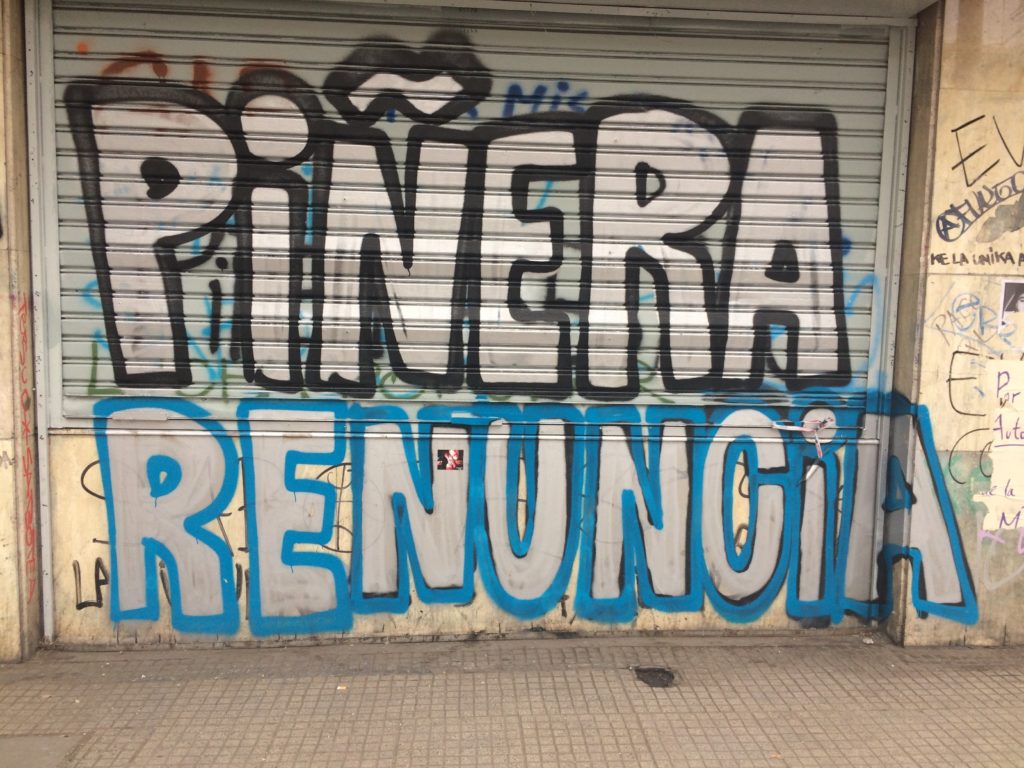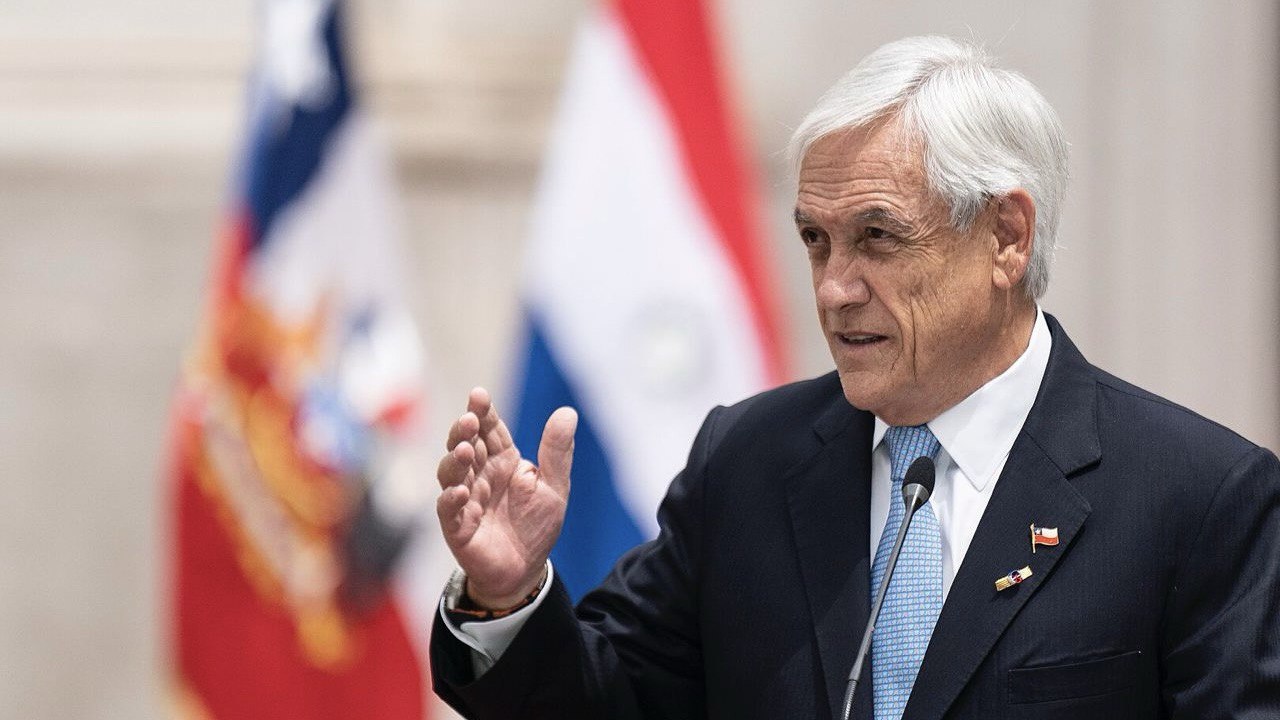On Tuesday, February 6, Chilean news outlets reported that former president Sebastián Piñera died in a helicopter crash in Lake Ranco in the Los Ríos region in southern Chile. He was 74 years old. The ex-president was a controversial figure in Chilean politics having led the most severe police crackdown on protests and social movement since the military dictatorship ruled over the country. However, less is widely known about Piñera’s own links to the politics and political figures of the Pinochet era Chile.
From Harvard to the World Bank
Piñera began building his public profile in the 1970s, in the era of the dictatorship under General Augusto Pinochet, who led the military junta in 1973 in subverting the democratically-elected government of socialist President Salvador Allende. In the 1980s, fresh out of elite US academic circles at Harvard where he obtained his PhD, Piñera taught neoliberal economics at the Pontifical Catholic University. During this time, he was also a consultant to the World Bank and Inter-American Development Bank, institutions which accompanied the Pinochet government in its efforts to force austerity and privatization onto the Chilean people, colloquially becoming known as “shock doctrine” economics.
Entrance into politics
In 1989, Piñera officially entered politics and ran in the first parliamentary elections after the return to democracy with the right-wing Alianza por Chile (Alliance for Chile), was an electoral coalition composed of right-wing forces that had backed the Pinochet dictatorship. Some of the factions in the conservative Alianza had even pushed for a prolonging of his rule in the 1988 plebiscite, wherein Chileans were asked if Pinochet should continue in power until 1997, only held after international and domestic pressure over human rights concerns. In these historic elections, Piñera was elected Senator for the 8th Constituency corresponding to the Eastern Metropolitan Region of Santiago.
Soon after he was elected, Piñera joined Renovación Nacional (National Renovation), the right-wing party that led the “yes” campaign in the 1988 plebiscite. Its campaign propaganda red-baited the push for democracy as a plot run by communist forces in Havana, and dismissed human rights concerns as a worthy cost to the economic growth that Chilean businesses experienced throughout the dictatorship era.
As the era of democracy continued, Sebastian Piñera continued to carry water in defense of the legacy of the neoliberal military dictatorship. Speaking at a rally in 1998 in Santiago, he spoke out against the extradition of General Pinochet who was arrested a few weeks prior by authorities in London. British police were acting on a Spanish warrant charging the dictator with human rights crimes committed in Chile during his seventeen-year rule. Rehashing the rhetoric used by the Chilean political right, Piñera claimed that international jurisdiction regarding crimes against humanity “constitutes an offense and an attack on [Chilean] sovereignty”.
Piñera presidente: coup apologist and repressor-in-chief
Piñera was first elected president in 2010, and while the New York Times described Piñera as one who “helped strengthen [Chile’s] young democracy”, the first right-wing president went at lengths to neutralize democratic and progressive forces within Chile during his two presidential terms. His first term was heavily criticized by progressive groups and human rights organizations for having rehabilitated many Pinochet-era officials into his administration. This included Major Mario Larenas Gutiérrez, who was accused of participating in the infamous Caravan of Death following the 1973 coup d’etat. The Caravan was responsible for ordering or personally carrying out the execution of political prisoners held by the dictatorship after the September coup. Throughout his two terms, his cabinets had other military junta members or supporters, including his interior minister, Andrés Chadwick, and justice minister, Hernán Larraín, the latter of which defended the torture of regime opponents at the infamous compound Colonia Dignidad.
Most notably, Piñera oversaw the government crackdowns on mass protests that began in October 2019, where the federal police force, or Carabineros, injured thousands through the usage of rubber-pellet ammunitions in quelling street demonstrations. The use of these pellets maimed thousands of protestors, infamously blinding – temporarily or permanently – many through Carabinero military police officers targeting the heads and eyes of their targets. At the time of the uprising, Piñera’s approval rating dropped to a historical low of around 10%.

While Piñera has passed, the domestic right-wing, influence of multinational corporations and banks, and generations of neoliberal austerity continue to pose serious challenges to the nation’s future. Issues of cost of living, rights of the Indigenous Mapuche people, and multinational corporate control over the land, remain pressing issues, especially given the failure to replace the country’s Pinochet-era constitution. Indeed, the struggle to build a Chile where all can live with dignity continues.
Benjamin Zinevich is a Chilean-American community organizer based in Washington DC.





